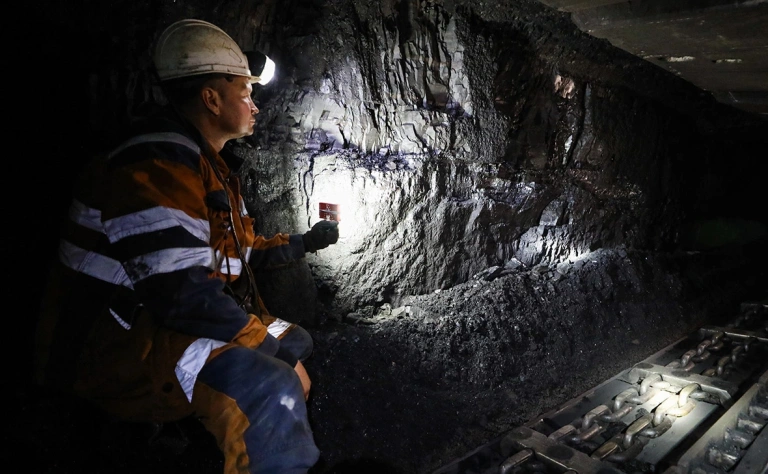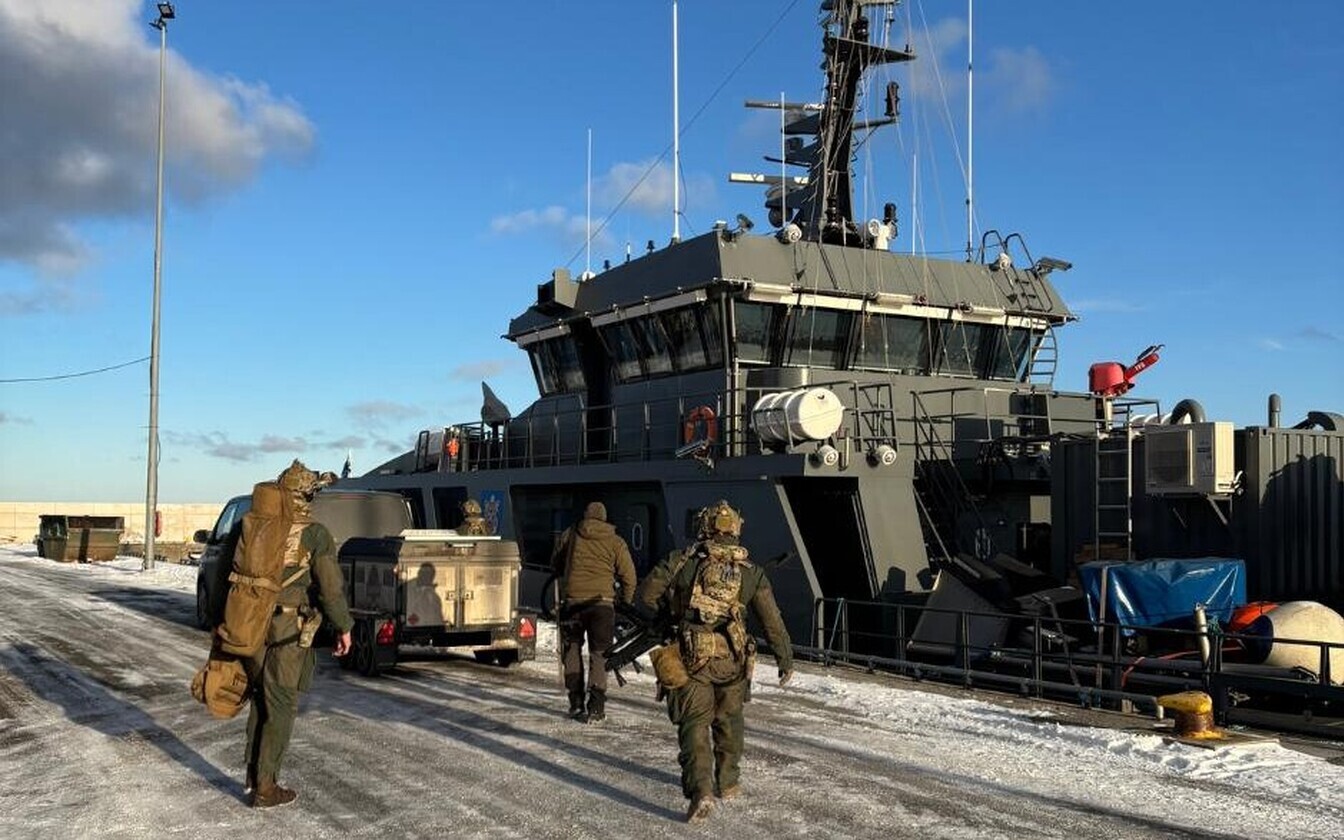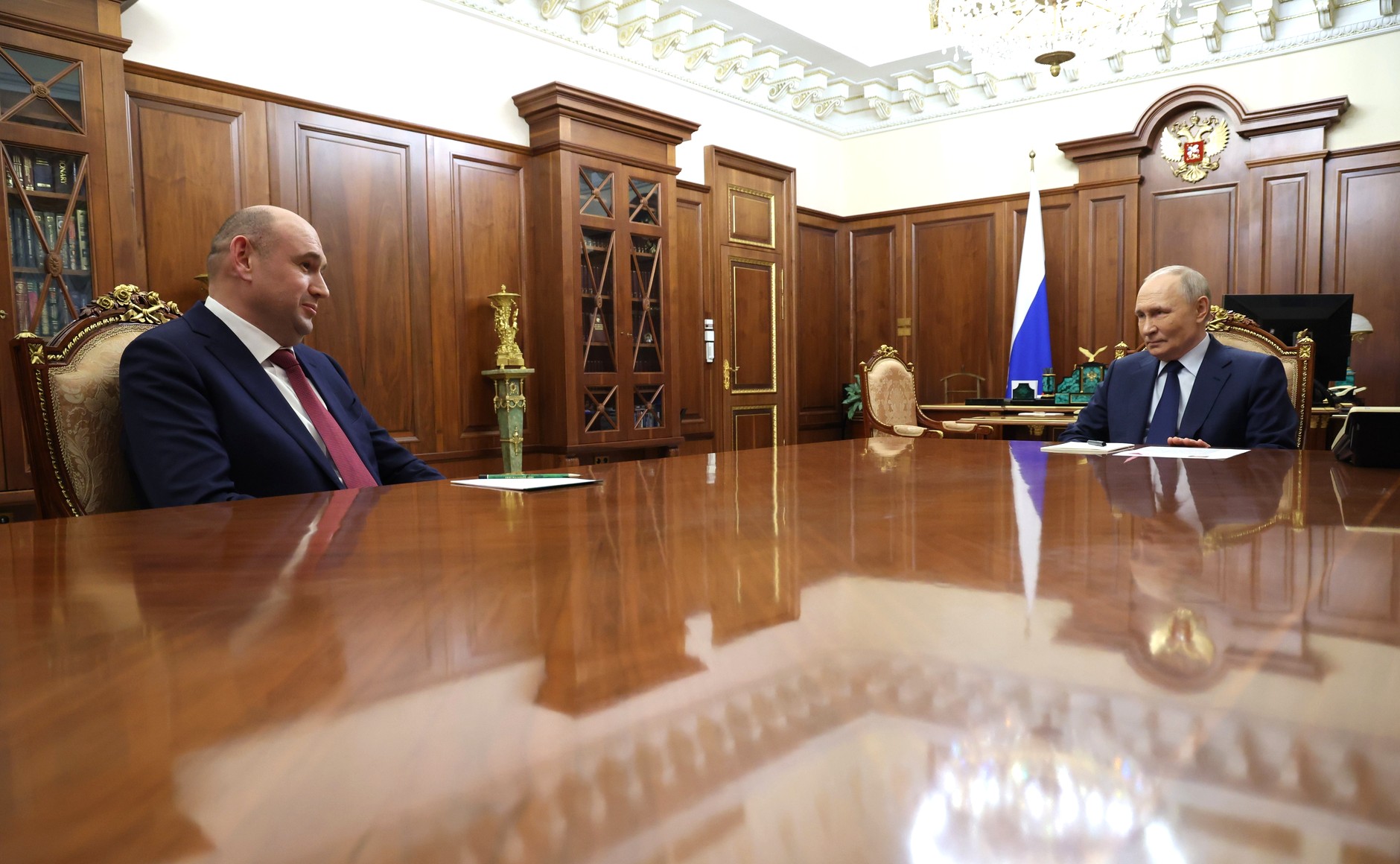PRO-AKP MEDIA STEPS UP DISINFORMATION CAMPAIGN OVER ERGENEKON
PRO-AKP MEDIA STEPS UP DISINFORMATION CAMPAIGN OVER ERGENEKON
In the wake of the detentions on July 1 of outspoken opponents of the ruling Justice and Development Party (AKP) on suspicion of links to a shadowy ultranationalist organization known as Ergenekon, the pro-AKP media have stepped up their disinformation campaign in an attempt to boost the government’s democratic credentials in the run-up to the AKP’s likely closure by the Constitutional Court later this year (see EDM, June 10).
On July 1, the Turkish police detained 24 hard-line secularists in a series of raids across the country (see EDM, July 1). Those taken into custody included journalists, businessmen and retired military personnel, most notably former Gendarmerie Commander General Sener Eruygur and former First Army Commander General Hursit Tolon. Ten of those detained were subsequently formally arrested, including Eruygur and Tolon. The rest were released.
The raids were part of the 13-month-old investigation of Ergenekon, a small, shambolic ultranationalist organization apparently established by former Gendarmerie General Veli Kucuk, who was heavily involved in the Turkish state’s covert war against the PKK in the 1990s. Ergenekon’s primary purpose appears to have been to destabilize the AKP government through a campaign of violence. Kucuk is believed to have recruited mainly from other former covert operatives and ultranationalist secularists. There is no question that Ergenekon was violent in intent, but there are doubts about whether it was ever violent in practice. The evidence to date suggests that it was rolled up before it could ever stage a major incident and effectively ceased to exist once the leadership was taken into custody in January 2008.
Following the detentions of 1 July, however, the pro-AKP Sabah daily newspaper published an article, based on unnamed sources, claiming that Eruygur and Tolon had been planning to stage a series of assassinations and violent protests against the AKP and, through the resultant chaos, provide the Turkish military with an excuse to stage a coup (Sabah, July 3). In addition to trying to provide legitimacy for the police raids of July 1, the claims in Sabah were also clearly designed to try to undermine the public prestige of the Turkish military by implying that Eruygur and Tolon were aware of a willingness in the high command to seize power. In fact, if it were ever to contemplate staging a coup, the military would be highly unlikely to do so in mid-summer at a time when one third of the officer corps is preparing to change posts and when the office of the chief of staff is about to change hands (see EDM, July 3).
As alarming as Sabah’s transparent attempt to distort reality has been a series of articles in publications run by supporters of the exiled Islamic preacher Fethullah Gulen. Gulen and his supporters have long accompanied condemnations of violence in the name of Islam with attempts to transfer the blame for such acts to non-Muslims. Gulen himself blamed the April 2007 torture and murder in Malatya of three Christians by Sunni Muslim youths on foreign forces trying to destabilize Turkey (see EDM, November 7, 2007). In the past, Zaman, the Gulen movement’s flagship newspaper, has also attempted to shift responsibility for the atrocities committed by the Turkish Sunni Muslim Hezbollah organization (see Terrorism Monitor, January 24) onto Turkey’s much persecuted, and as a result now almost non-existent, Yezidi religious minority (Zaman, February 10, 2000). On July 3 Zaman published a claim that Ergenekon had been responsible for the massacre of 37 members of Turkey’s Alevi minority by a ten-thousand strong Sunni Muslim mob in the Anatolian town of Sivas on July 2, 1993 (Zaman, July 3). The fact that Ergenekon had not even been established at the time was apparently not regarded as relevant.
In a country where much is believed but little trusted, such pernicious absurdities will have served to distract public attention from some of the disturbing questions raised by the police raids of July 1.
It is possible that some of those taken into custody on July 1 were connected with Ergenekon and likely that, even if they were not directly involved, one or two were at least aware that Kucuk had established a covert organization committed to violence. The majority, however, appear to have been detained merely because they were outspoken opponents of the AKP. Following his release on July 5, Mustafa Balbay, the Ankara representative of the secularist daily Cumhuriyet, said that the police who had interrogated him appeared to have no evidence of his involvement with Ergenekon except that he had conducted interviews with hard-line secularists. He was also told that his alleged suspicious activities included attending a dinner at the U.S. Embassy in Ankara.
“It has come to the point where the AKP is saying you are either with us or a terrorist,” said Balbay (Milliyet, July 7).
Trying to label all those who hold similar views to a violent organization as “terrorists” is nothing new in Turkey. In the 1990s in particular, even the most moderate, non-violent Kurdish nationalists were routinely accused of being members of the Kurdistan Workers’ Party (PKK). But the use of the judicial system to defame and intimidate opponents of a ruling political party by accusing them of being terrorists is a new and disturbing development.
The AKP has long argued, with considerable justification, that the case filed for its closure with the Constitutional Court is based more on political than legal considerations. But the police raids of July 1 have reinforced the impression that Turkey’s deepening political crisis is not, as the AKP would have observers believe, a struggle for democracy but a trial of strength between two essentially undemocratic forces who are both prepared to use sympathizers in the judicial system for their own political ends.


